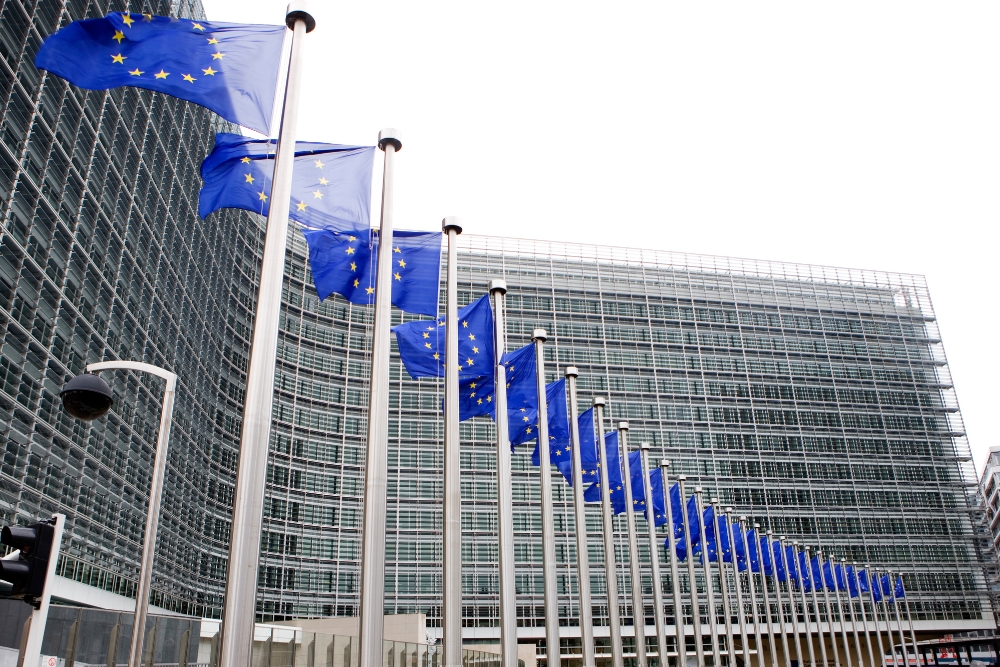If you’ve ever ordered sushi from an app built in California, shipped from a kitchen in Tokyo, paid in euros, and left a review in Spanish… congratulations, you’ve participated in globalization.
But globalization isn’t just about better sushi delivery. It’s one of the biggest forces shaping how we work, trade, and grow our businesses.
For entrepreneurs and companies with big dreams, globalization opens doors. But like any bold move, it also comes with baggage.
Let’s unpack the benefits and challenges of globalization, especially for businesses thinking about expanding across borders.
What Is Globalization, Really?
Globalization refers to the increasing interconnectedness of economies, cultures, and people across the globe. Think of it as the ultimate group project where countries collaborate (and sometimes clash) to trade goods, share talent, and innovate together.
In business, globalization means being able to source, sell, hire, and operate across different countries, all while navigating a shared, though often complicated, global economy.
Whether it’s through free trade agreements, digital platforms, or international supply chains, globalization in business has become the new norm, not just for multinationals, but for scrappy startups and growing companies too.
Benefits of Globalization for Business
Let’s start with the good stuff. Here are some of the most powerful benefits of globalization in business today:
1. Access to New Markets
The most obvious win? Globalization allows companies to tap into new markets. Selling in just one country is like fishing in a pond. Going global? That’s the ocean.
You suddenly have access to more customers, more revenue, and more growth potential. Businesses that expand their reach often see stronger economic growth and competitive advantage.
2. Diverse Talent Pools
Globalization in business gives you access to top talent from across the globe. From tech engineers in South Korea, to marketing pros in Latin America, to logistics experts in Eastern Europe, the world becomes your hiring pool.
Remote work and Employer of Record (EOR) services make it easier than ever to hire across borders without setting up legal entities in each country.
3. Lower Costs & Higher Efficiency
Outsourcing to developing countries with lower labor costs can reduce overhead. Manufacturing or customer support can be streamlined for cost-efficiency.
Plus, globalization allows businesses to operate 24/7. While your U.S. team sleeps, your Asia-Pacific team gets things done.
4. More Innovation
When people from different countries collaborate, cool things happen. You get varied perspectives, faster problem-solving, and fresh ideas.
Global trade promotes tech exchange, cultural sharing, and collaboration that wouldn’t be possible in an isolated economy.
5. Improved Supply Chains
Need parts from Taiwan, packaging from Germany, and assembly in Mexico? Global supply chains make it happen. While sometimes complicated, they allow businesses to optimize for speed, cost, and quality.
This network of trade routes has been one of the greatest globalization benefits and key to economic strengths around the world.

Disadvantages of Globalization in Business
Now for the flip side. For all its upside, there are plenty of disadvantages of globalization too. It’s not all smooth sailing when you’re working across borders.
1. Legal & Compliance Nightmares
Every country has its own labor market rules, tax policies, and employee protections. Misclassify a worker in Germany? Miss a local holiday in Brazil? That’s risk.
This is where Empleyo shines. As an EOR, we take the legal burden off your plate so you can expand without the headaches.
2. Cultural & Communication Barriers
Even if you’re fluent in emoji, cross-cultural teams can struggle. Communication delays, misunderstandings, and differing business norms can slow you down.
Globalization also means learning and respecting new customs, not just translating your website.
3. Economic Dependence & Volatility
When your supply chain spans five countries, one tariff or political shake-up can throw things off.
Globalization has led to some businesses being over-reliant on imports or specific trade agreements like the famous trade deficit with China.
4. Job Displacement
One of the most controversial cons of globalization is the impact on local jobs. Developing nations often benefit, but some workers in richer countries may feel left behind.
Global hiring isn’t about replacing people, it’s about growing teams strategically. Companies must be mindful and inclusive when building global teams.
5. Environmental Impact
Trade in goods and services often means shipping those goods halfway across the world. That can increase emissions, waste, and logistical inefficiency, unless sustainability is part of the strategy.
Pros and Cons of Globalization at a Glance
| Pros | Cons |
|---|---|
| Access to new markets | Legal & compliance risk |
| Diverse global talent | Cultural barriers |
| Cost savings & outsourcing | Supply chain fragility |
| 24/7 operations | Economic dependency |
| Innovation through diversity | Environmental impact |
How Globalization Changes the Game for Small Businesses
Here’s the good news: globalization is no longer reserved for Fortune 500s.
Thanks to tech platforms, remote work, and EOR solutions like Empleyo, small businesses can now expand across borders without opening offices in every country.
From boutique fashion brands sourcing from Asia, to SaaS startups hiring in Latin America, the second wave of globalization is more inclusive, agile, and digital than ever.
But just because you can go global doesn’t mean you should do it solo.
How Empleyo Helps You Expand Your Business
Going global is exciting but also complex. You’ve got enough to juggle already. From international trade laws to labor market quirks, each country is a maze of rules.
That’s where Empleyo steps in.
As your Employer of Record, we:
- Legally employ workers on your behalf in their home countries
- Handle payroll, benefits, contracts, and taxes
- Ensure full compliance with local laws (so you sleep better)
- Help you test markets before committing to a legal entity
- Save you time, money, and international headaches
Whether you’re hiring your first software developer in the Philippines, a marketing lead in Brazil, or building a team in Latin America, Empleyo makes it feel… well, not globalization-level stressful.
Example of Globalization in Action
Let’s say a U.S.-based health tech startup wants to expand into Latin America.
They need local marketing support, Spanish-speaking customer service reps, and boots on the ground to navigate regulations.
- Option A: Set up multiple entities, hire lawyers, get tax IDs, navigate labor law, and spend six months (and $$$) getting set up.
- Option B: Partner with Empleyo. We onboard their team in weeks, handle compliance, and act as the legal employer, all while they focus on scaling the product.
That’s the globalization advantage when you do it right.
Embracing the Benefits and Challenges of Globalization
Globalization has become an unavoidable part of business. It’s not a trend, it’s the backdrop for how we work, hire, and grow.
Yes, there are real challenges of globalization from compliance hurdles to cultural bumps. But with the right partners, the benefits of globalization far outweigh the risks.
Whether you’re looking to expand your business, access global talent, or tap into economic growth opportunities, don’t go it alone.
Empleyo is here to help you realize the benefits without the burnout.
Ready to Go Global?
Whether you’re exploring international trade, building a cross-border team, or just wondering how to take your brand to different countries, let’s talk.
Globalization provides massive opportunity. Empleyo helps you seize it, the smart, stress-free way. Talk to us about expanding your business globally



